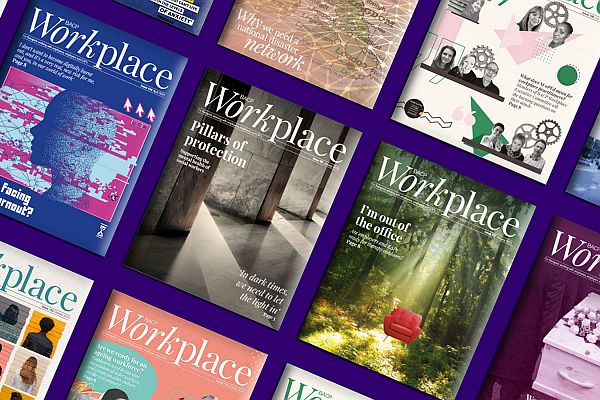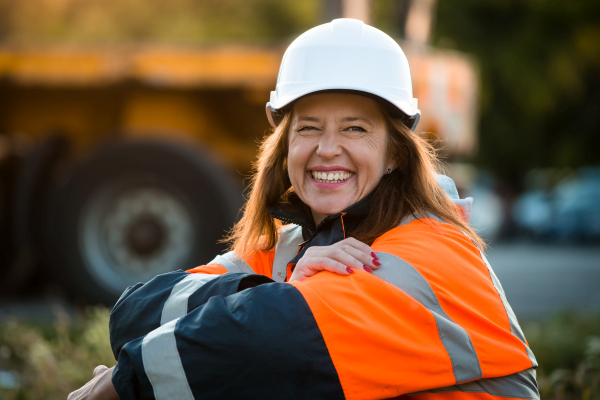'I’m going through the change' is a phrase I often heard my mum and her generation of women use to describe the menopause, accompanied by a silent and pervading sense that the change was unwelcome, unpleasant and something to be got through. Thankfully, today, the curse of silence and shame surrounding the menopause is lifting and there is a lively conversation in public life about how societal and political changes can help improve the lives of menopausal women, including at work.
In Making sense of the menopause, Helen Kewell calls for a more nuanced understanding of the menopause, defining it as the threshold between our youth and our older age and a space where we can decipher our identity for the next phase of life. Given that the workplace is rarely a place where menopausal women have power, Helen makes the case that the counselling relationship is all the more important for women to be able to explore a path through. At a time when we are facing a recruitment crisis and an exodus from the workforce among older workers, employers need to do better at listening and making adjustments, to retain women who are at the peak of their experience and competence.
Talking of which, it was my pleasure to interview Vianna Boring Renaud, the new BACP Workplace Chair, as she takes over the reins from Julie Hughes, about her hopes for our sector, the challenges we face this winter and how playing the piano is the medicine that she needs at the end of a day. Elsewhere, Juliette Moxham offers a fascinating insight into why she said farewell to being the headteacher of a primary school and is now training to be a counsellor, in New beginnings.
While change may be the one constant, it doesn’t always happen as quickly as it could – a point Letesia Gibson reflects on in Race matters, when she asks: why is progress so slow when it comes to tackling workplace racial inequality? One reason could be that we keep telling ourselves that change takes time, which lets us off the hook from actually getting on with changing anything. Offering a way forward, Letesia draws on her work with leaders and employers and makes suggestions about how meaningful cultural change at work starts to happen.
We're often at our best when we collaborate, and collaboration is at the heart of an article written by staff at the Northumbria Healthcare Foundation NHS Trust, called Building resilience and compassion during COVID-19. Sarah Markham, Teresa Jennings and Steph Brunsden explain how a pilot supervision group for a team of overworked nurses, facing the challenge of winter pressures in 2019, became a lifeline when the pandemic finally hit the UK. Since then, the writers have assessed how this small pilot group has impacted on staff morale and wellbeing, and it leaves quite a legacy in the Trust.
Charting her 40-year career in mental health services, psychiatrist and psychotherapist Penelope Campling talks to me about her latest book, Don’t Turn Away: stories of troubled minds in fractured times. You can read more from our interview in Books. While her book is beautifully written, it’s not always an easy or comfortable read, given the inherently uncomfortable nature of mental illness and the troubling state of our mental health services. Despite this, Penelope gives us reasons to be hopeful and optimistic about what the future could hold, and she invites us to play our part in making this change.
Read more...

BACP Workplace
Subscribe for free access to the online journal

BACP Workplace division
BACP Workplace promotes and supports the professional practice of counselling in the workplace, and practitioners who have clients experiencing workplace concerns.

Blogs and vlogs 2022
News and views from members, staff and clients
